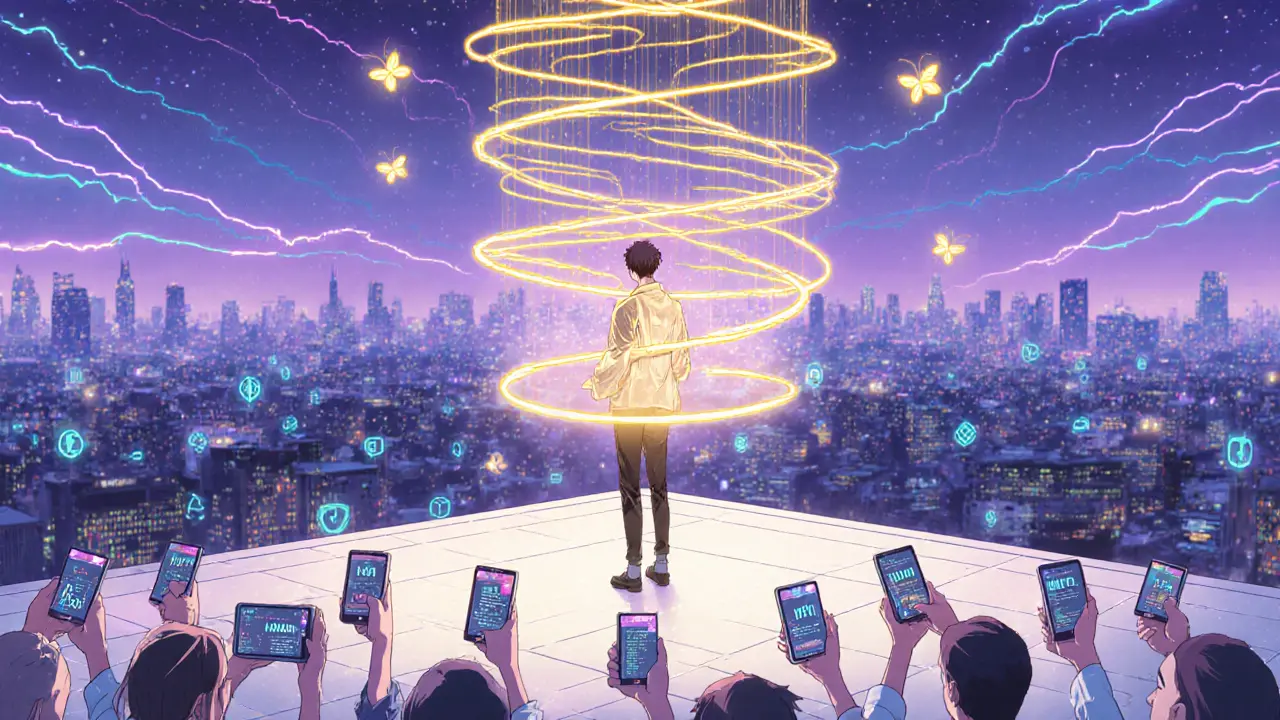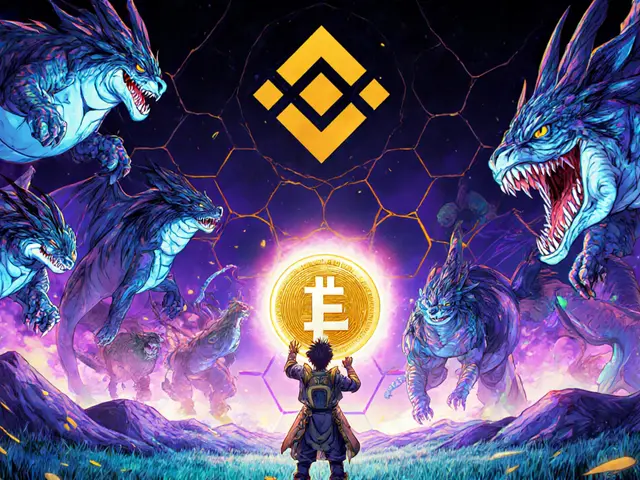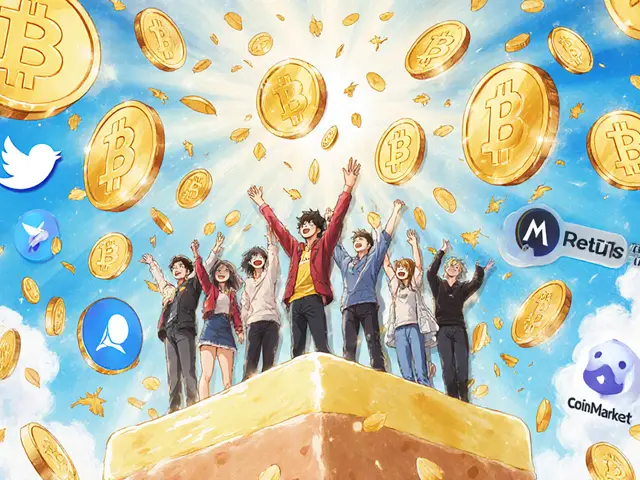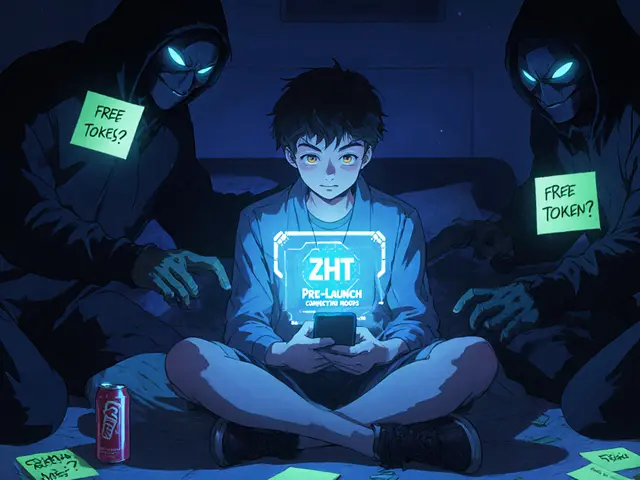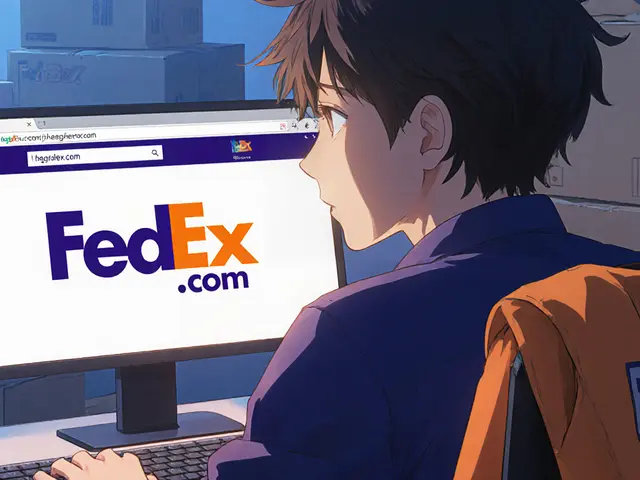Digital Streaming Rights: What They Are and How They Affect Crypto and Blockchain Projects
When you stream a song, watch a movie, or play a game online, digital streaming rights, the legal permissions that let platforms play or distribute digital content. Also known as streaming licenses, they determine who gets paid, how much, and under what conditions. These rights used to be controlled by big labels, studios, and publishers. But now, blockchain is turning that model upside down.
Projects using NFTs, unique digital tokens that prove ownership of digital assets are starting to encode streaming rights directly into the token. That means when someone buys an NFT of a song or video, they might also own the right to earn royalties every time it’s streamed. This isn’t theory—it’s already happening in music, gaming, and even sports highlights. For example, a creator can set up a smart contract that pays them 10% every time their video plays on a decentralized platform. No middlemen. No delays. Just code doing what it was told.
But it’s not just about artists getting paid. blockchain content rights, the system of tracking and enforcing who owns and profits from digital media using distributed ledgers are also helping platforms avoid legal trouble. When a crypto gaming platform like Wombat lets you play games and earn tokens, the rights to those games’ assets—characters, soundtracks, levels—need to be clearly defined. If the rights aren’t properly tokenized or licensed, the whole project risks being shut down. That’s why you see more projects now hiring legal teams to map out who owns what, and how royalties flow.
And here’s the catch: most people still think streaming rights are just about Spotify or Netflix. But in crypto, they’re about control. Who holds the keys to the revenue? Can you resell your right to stream? Can you let others use your content and still get paid? These aren’t abstract legal questions—they’re daily decisions for creators, developers, and investors in blockchain media.
What you’ll find below are real cases where digital streaming rights collided with crypto. From meme coins tied to viral videos to platforms trying to tokenize sports clips, these posts show the messy, exciting, and sometimes dangerous reality of owning media in the blockchain age. Some projects got it right. Most didn’t. But all of them are shaping what comes next.
Streaming rights as NFTs let creators sell verifiable access to content with automatic royalties. It’s not replacing Spotify, but it’s giving artists direct control and fair pay-no middlemen, no delays.
Read More
